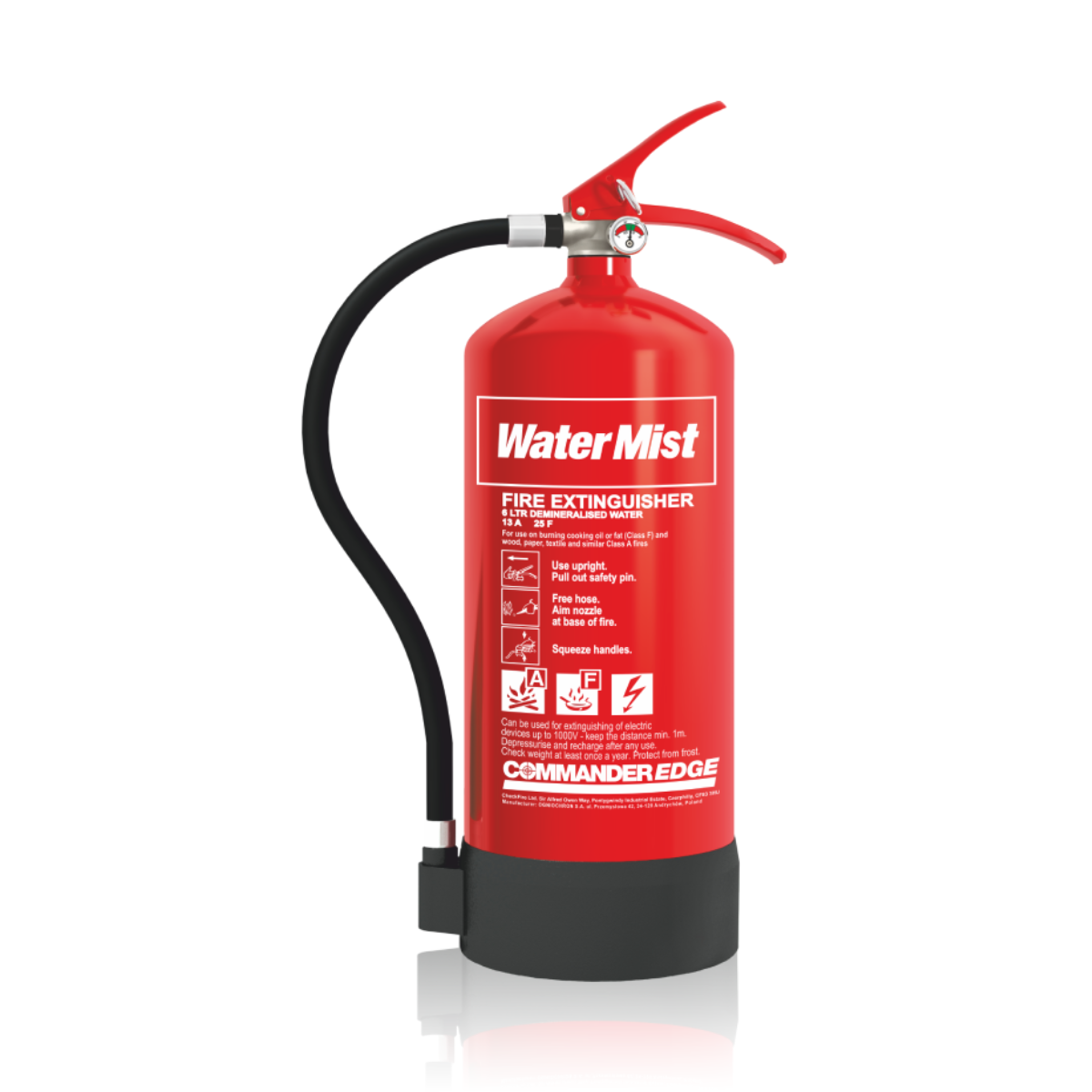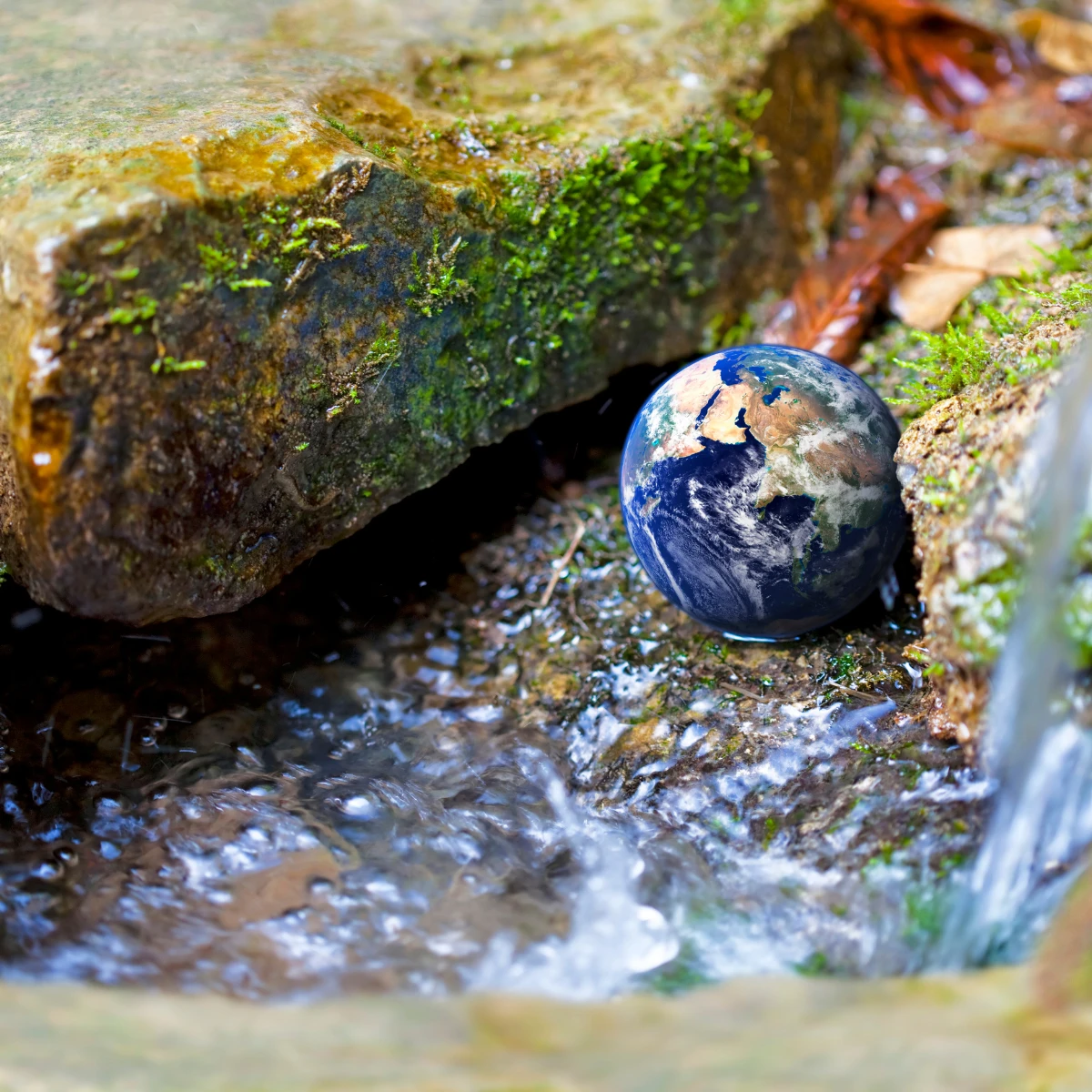Fire Extinguishers & Equipment
- CO2 Fire Extinguishers
- Foam Fire Extinguishers
- Dry Powder Fire Extinguishers
- Water Fire Extinguishers
- Water Mist Fire Extinguishers
- Wet Chemical Fire Extinguishers
- Multi-Chem Fire Extinguishers
- Water Additive Fire Extinguishers
- Lithium-ion Fire Extinguishers
- Clean Agent Extinguishers
- Wheeled Fire Extinguishers
- Firexo (All in One)
- Automatic Fire Extinguishers
- Suppression Units
- Environmentally Friendly Extinguishers
- Fire Extinguisher Cabinets
- Fire Equipment Cabinets & Chests
- Fire Extinguisher Stands (Tubular)
- Fire Extinguisher Stands (Plinths)
- Fire Equipment Cabinets (Vehicles)
- Fire Extinguisher Cabinet Accessories
- Fire Extinguisher Stand Clips
- Fire Extinguisher Covers
- Fire Document Cabinet
- Fire Extinguisher Transport Brackets
- Sack Trucks
- Fire Extinguisher Trolleys
FIRE EQUIPMENT SERVICING? Shop Now

 Book a service
Book a service






.png)









